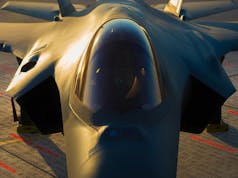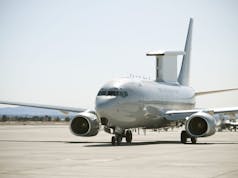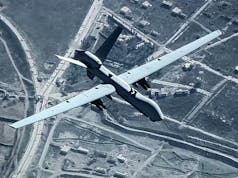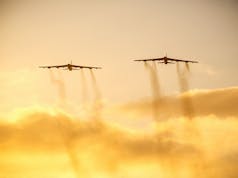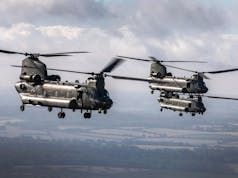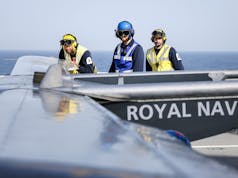Typhoon jets supported Syrian Democratic Forces west of Raqqa, striking an Islamic State armoured personnel carrier.
According to the Ministry of Defence, operations by the Syrian Democratic Forces (SDF) near Raqqa also continue to receive support. On Wednesday 25 January, the SDF reported that they were taking fire from a group of Daesh fighters with an armoured personnel carrier, to the west of Raqqa, on the north-eastern shores of Lake Assad. Despite challenging weather conditions and the proximity of the SDF to the targets, two Typhoons used a pair of Paveway IV precision guided bombs which removed the threat.
In a press release, the government said:
“Daesh targets have been less common since their defeat in eastern Mosul. As a result, no RAF attacks were required in the latter part of the week. Our aircraft, however, continued intensive armed reconnaissance patrols to gather intelligence on suspected terrorist positions and movement, and to be ready to strike should the situation require. Sentinel aircraft have also flown a number of surveillance missions, similarly gathering valuable information on Daesh. Hercules transports have also continued their essential role in providing logistical support required to British forces in the Middle East, particularly for the training and liaison teams deployed as part of the Coalition’s efforts to help the Iraqi security forces further improve their capabilities.”
In December 2016, it was reported that the Royal Air Force is operating at its most intense for 25 years in a single theatre of operation which far outstripped the UK involvement in Iraq and Afghanistan – RAF jets have dropped 11 times more bombs (1,276 strikes) on Syria and Iraq in the preceding 12 months than they had in the busiest year of action in Afghanistan a decade previously.
The cost of the operations against Islamic State and other details of the campaign were revealed in a briefing paper. In March 2015 the MoD confirmed that the net additional costs of the military air operation would be met from the Treasury Special Reserve; while the costs of training and equipping the Iraqi and Kurdish security forces, and the provision of key enablers, would be met from the MOD’s Deployed Military Activity Pool (DMAP).
In answer to a parliamentary question in September 2016 the MoD set the costs of the operation, between August 2014 and the 31st of March 2016, at £265 million (£45 million in the 2014-15 financial year, and £220 million in the 2015-16 financial year).




